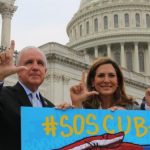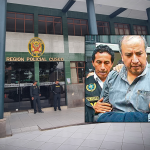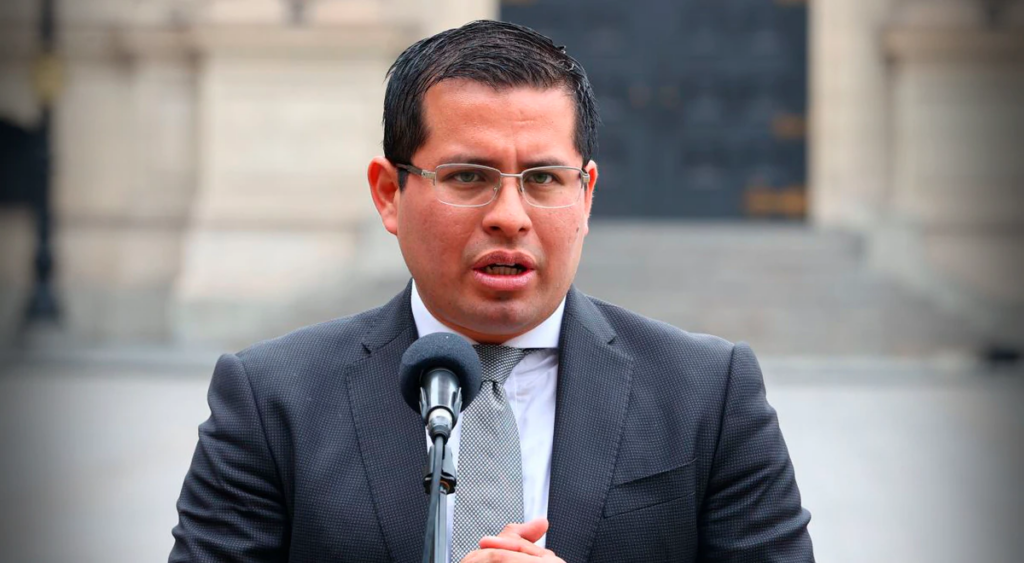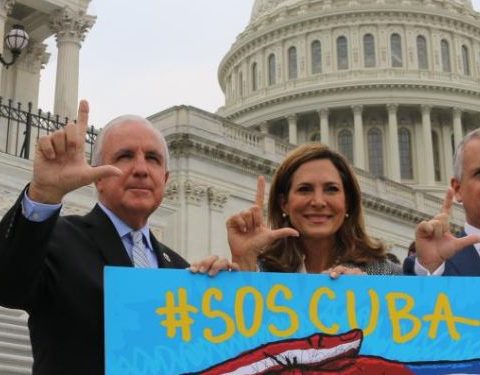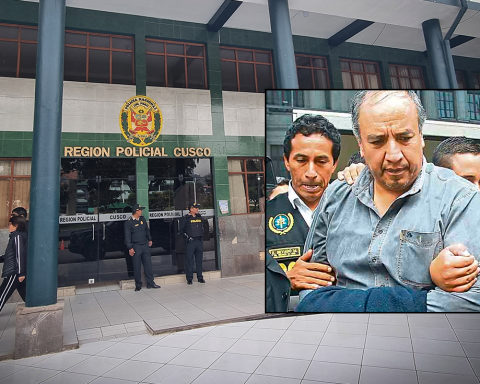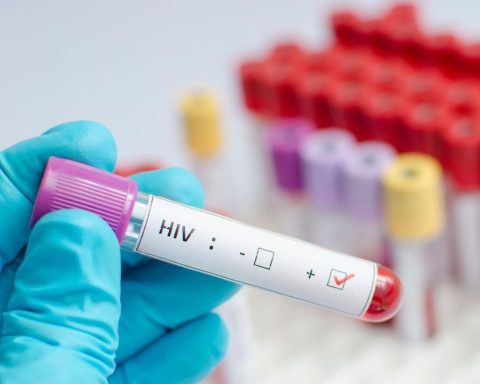Skin lesions may be accompanied by fever, headache, body aches, fatigue, and swollen glands. They can be painful and occur on the hands and feet, in the mouth, face, genitals and in the anus.
Dr. Guillermo Sequera, head of Health Surveillance, encourages doctors to carry out the differential diagnosis of monkeypox and take samples. “If you’re not looking for monkeypox, it’s going to be hard to find. The health system has to be attentive, watchful and suspicious when it sees a skin lesion,” he indicated.
He argues that if the lesion is not monkeypox, it could be chickenpox or any other disease that requires treatment.
On the other hand, Sequera expressed his concern at the apparent epidemiological silence for monkeypox that is experienced in the country, taking into account that there are already cases in the region. He presumes that people are not consulting because of the stigma attached to the disease. If this phenomenon is taking place, he believes that it will be even more difficult to detect cases.
“It is time to be honest with skin lesions and not minimize them, especially if they appear on the genitals,” explained the director of Health Surveillance.
In this context, the doctor asks the public to go to the appropriate medical consultation before the appearance of this or other symptoms associated with monkeypox, wearing a mask and clothes that cover the injuries. He stated that in most cases, the injuries are painful. They can be scattered throughout the body, although what is being seen most are localized lesions.
The epidemiologist clarified that sexual contact is not the only route of transmission, but it is the one with the highest risk. He highlighted that physical, skin-to-skin contact with infected people is the main factor for the spread of the disease.
The contagion can occur with a simple handshake, through a hug or by kissing. The virus can also be transmitted by elements contaminated with the infection, by sharing mate or tereré, glass, utensils, clothes, sheets, towels or other objects that could be in contact with the patient’s injury.
Lastly, he emphasized that the group most vulnerable to acquiring severe forms of monkeypox are those who are immunocompromised or have decreased immunity, mainly people with HIV, those with cancer and those with severe malnutrition.








